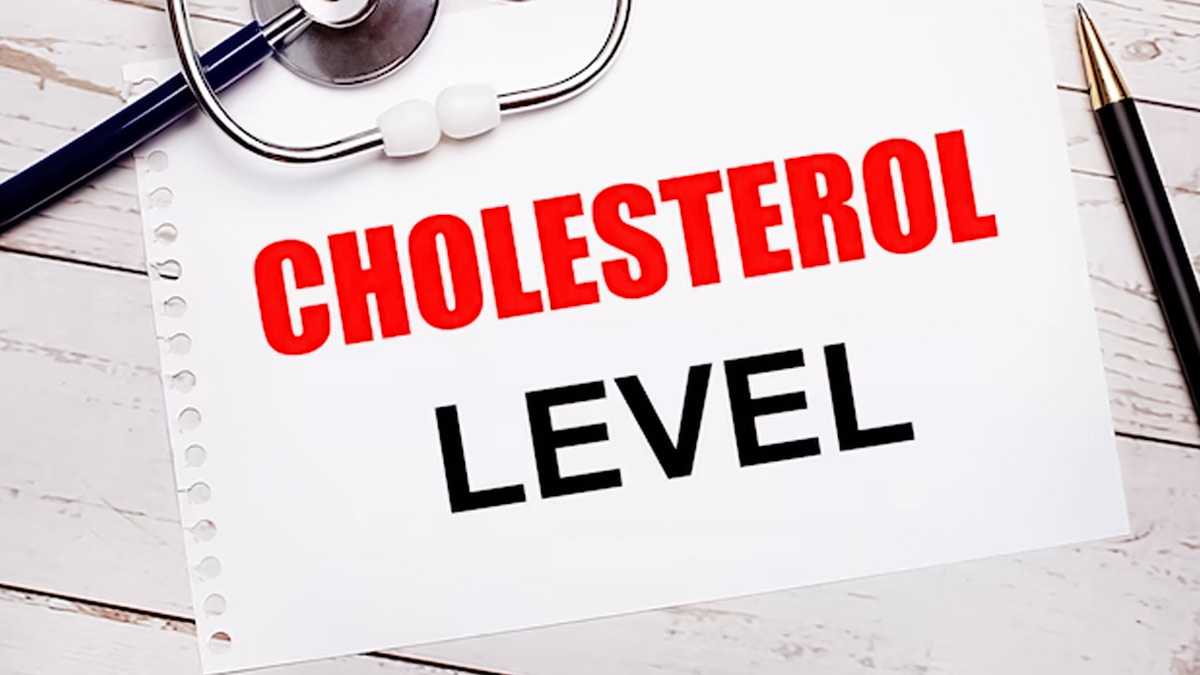
Misconceptions about cholesterol abound, leaving many unsure about its role in our health. Cholesterol is often misunderstood as a villain, but it plays a crucial role in our bodies. Understanding its different types and how it affects our health is essential for making informed choices. Dr Rana Serbjeet Singh, Consultant Cardiology, Manipal Hospital, Salt Lake, Kolkata, explains the complexities of cholesterol and common misconceptions surrounding it.
Dr Singh said, “Cardiovascular illnesses, including heart attacks, have become a significant concern in today's society. High cholesterol levels are recognised as a probable risk factor for these conditions.”
Facts About Cholesterol And Its Impact On Cardiovascular Health

Cholesterol Metabolism and its Forms
Dr Singh said, “Cholesterol exists in various forms in the body, including Low-Density Lipoprotein (LDL), Very-Low-Density Lipoprotein (VLDL), and High-Density Lipoprotein (HDL) cholesterol. These forms play different roles in the body's functioning. LDL cholesterol, often referred to as ‘bad cholesterol’ tends to deposit in blood vessels and other structures, causing damage to organs and vessels.” On the other hand, HDL cholesterol is known as ‘good cholesterol’ as it helps prevent the harmful effects of LDL cholesterol by transporting it back to the liver for processing.
According to a study by the Indian Heart Journal, 25–30% of urban and 15-20% of rural people have elevated cholesterol. In comparison to high-income countries, this prevalence is lower.
Also Read: High Cholesterol: A Genetic Or Lifestyle Disorder? Expert Explains

The Importance of Fats in the Diet
Contrary to the myth that fats are unnecessary, fats play a crucial role in cellular function, organ health, and energy production. Fat intake is essential for the absorption of certain vitamins, and the amount required varies based on factors like weight, age, and height. Both plant and animal fats are metabolised through complex cycles in the liver, leading to cholesterol component formation and deposition throughout the body, including skin, tissues, organs, and the brain.
Balancing Diet for Cholesterol Management
Maintaining a balanced diet is essential for managing cholesterol levels. Dr Singh said, “Doctors caution against excessive consumption of saturated fats found in yellow foods and animal meat sources, as these can contribute to higher LDL cholesterol levels.” He advised dividing the diet based on body weight and mass, with a greater emphasis on vegetable sources. Lowering fat levels in the diet can reduce the risk of heart disease and other related conditions.
Role of Genetics and Other Factors
While cholesterol levels directly impact heart health, genetic, familial, and hereditary factors can also contribute to cardiovascular illnesses. It is essential for individuals to be aware of their family history and take appropriate preventive measures.
Also Read: Healthy Food Alternatives That Can Prevent Bad Cholesterol

Lifestyle and Fatty Liver Health
Dr Singh highlighted, “Individuals working sedentary jobs can combat their body's stored energy by incorporating physical activities, such as walking and engaging in aerobic exercises.” Small, balanced meals can help maintain energy levels throughout the day. Adopting a stress-free lifestyle is crucial for preventing fatty liver disease, which can be influenced by lifestyle choices, food preferences, and inherent factors. Urban populations with a tendency for junk food consumption are at a higher risk of fatty liver involvement.
Disclaimer
The information in this article is provided by the expert and is for informational purposes only. Hence, we advise you to consult with your expert if you notice any symptoms or complications.







